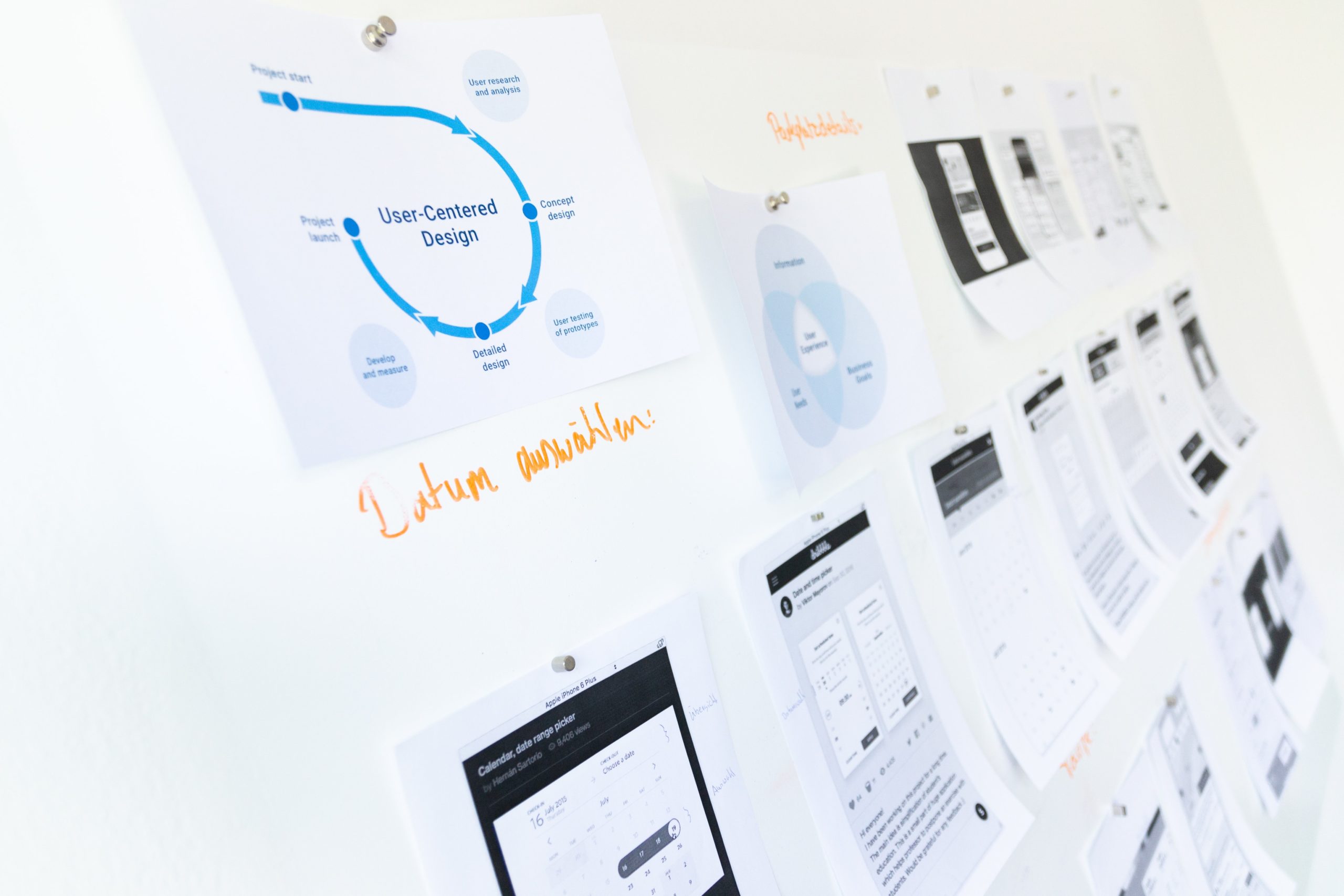
If you run a business, you almost certainly have customers, and the longer you’re in business, the more information you accumulate on those customers. Having more customers allows you to grow your business, and the more information you have about your existing customers, the better you can market your new products and services. That is, until that information is compromised.
In today’s world, you’re less likely to have files under lock-and-key in a cabinet. Instead, you have your customers’ personal information stored in electronic systems that can be hacked.
Don’t assume you’ll have to put up with a breach at some point. You can protect your customers’ information, and in turn, increase their confidence in your business.

Monitor DNS Traffic
The concept of the Domain Name System (DNS) can be difficult to explain to someone outside the world of information technology, which is why it doesn’t always get the attention it deserves. In short, it’s a directory of names that match with numbers that enable computers to communicate with each other and the internet.
It’s incredibly important to protect customer data by securing these systems.
The DNS is often targeted by hackers because many businesses and organizations don’t monitor their DNS traffic. It can seem too overwhelmingly huge to tackle. However, they can access your system and exfiltrate information by hiding in the numbers. By utilizing a DNS monitoring system, you can catch strange traffic before it compromises your customers’ data.

Encrypt Your Data
Another technical aspect of protecting your customers and their personal information is to encrypt your data. By encrypting information, you’re translating it into a code language. That way, only those with a decryption key, or password, are able to translate the encrypted code into a language they can understand.
It’s important to encrypt the data in your systems on all devices. For example, you may have customer databases encrypted, but do you have company email encrypted too? That way, when employees are discussing customer information, it can’t be intercepted by a third party.
Make sure all of your devices utilize secure software and that employees know to access information on the go only from secure networks. That way, your encryption technology isn’t all for nothing.
Limit Access to Customer Information
The more people who have the ability to access sensitive information, the more opportunities there are for hackers to find a weak point in your system and infiltrate it.
Instead of providing everyone in the company with encryption keys and access to sensitive customer information, think carefully about exactly who needs to access that information.
For example, sales reps who personally represent their customers will need access to their personal information, but others who work on product development may not. Think carefully about who needs to see what information and provide access accordingly.

Destroy Data You No Longer Need
Destroying sensitive information was a little easier when paper was the norm. You could simply send sensitive documents through the shredder. It was easier to see that it was time to destroy some documents too. When you run out of room in the filing cabinet, it’s time to get rid of some stuff!
In today’s digital world, you can collect information without end without noticing. If you decide you no longer need that information, you can send it to a digital trash can.
Both aren’t good for securing your data.

Don’t Forget About Your Passwords
Most people understand the importance of passwords, and yet, no one really takes it seriously. That is, until a password is hacked and important information gets compromised.
Take your passwords seriously. That means doing things like:
- Choosing longer passwords, as they are much more difficult to guess.
- Avoid using actual words and instead, use combinations of random letters.
- Use capitalized and lower case letters, but also use special characters.
You should also take your password security to the next level by creating a second step verification process. That way, whenever someone tries to log into your systems from a new device, a code will be sent to their personal cell phone or email before access is granted.
You depend on your customers to make your business run. If you lose their trust, you lose everything. Make sure they can provide you with their most private information knowing that it won’t be compromised.







